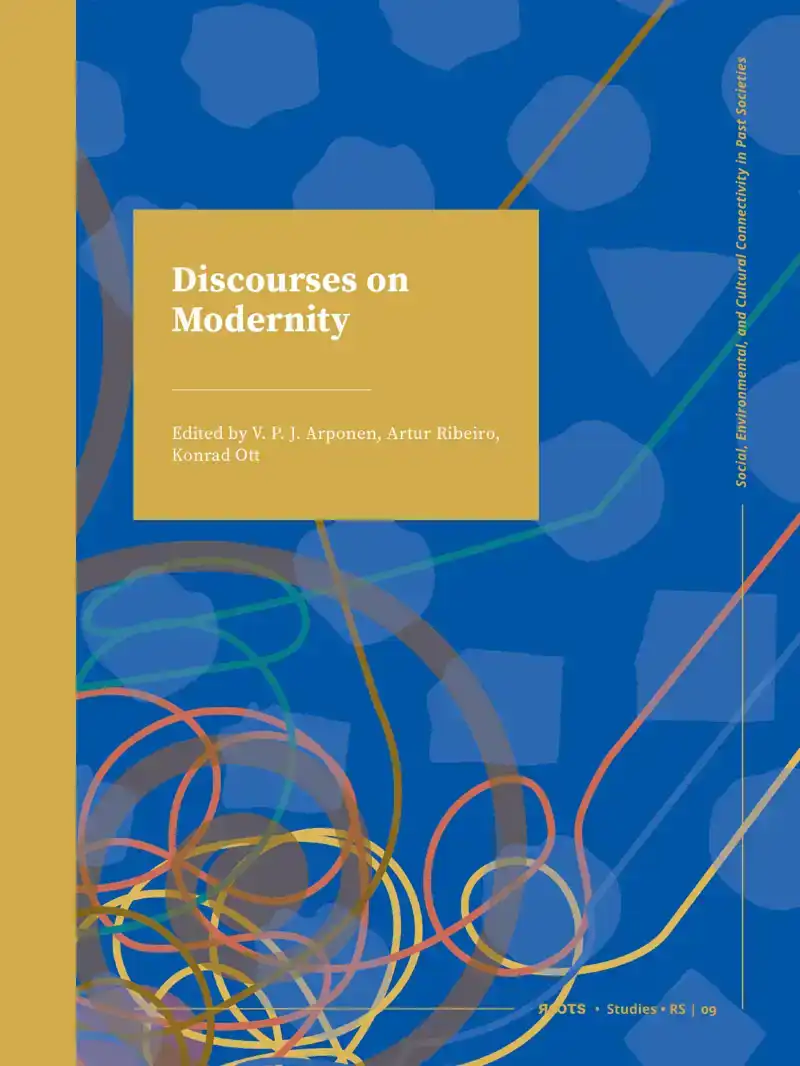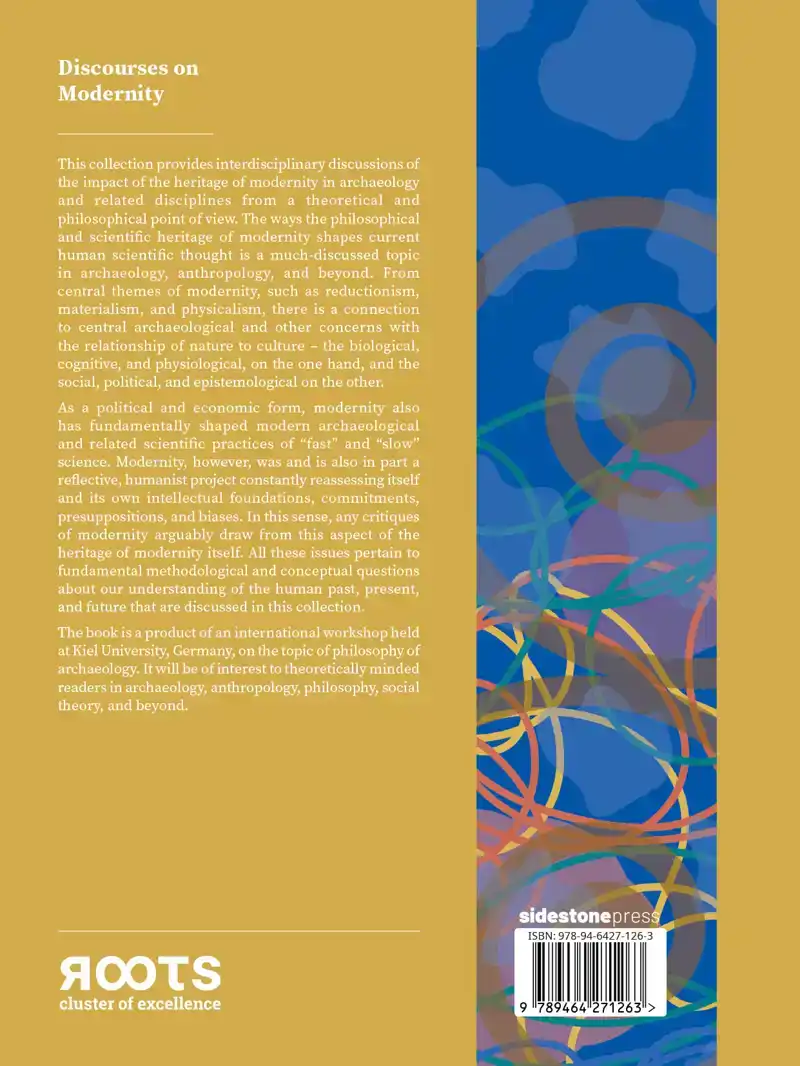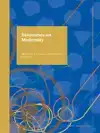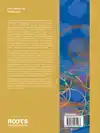- Engels
- Pockets
- geschiedenis alg.
- archeologie
- DISCOURSES ON MODERNITY
Sidestone Press Academics
DISCOURSES ON MODERNITY
70,00incl BTW
Nog niet verschenen. Wordt verwacht op: 24-09-2025
Vertrouwd sinds 1927
Persoonlijke aandacht en advies
Vanaf 17,50 gratis verzenden NL & BE
Meer dan 150.000 artikelen online
Omschrijving DISCOURSES ON MODERNITY
This collection provides interdisciplinary discussions of the impact of the heritage of modernity in archaeology and related disciplines from a theoretical and philosophical point of view. The ways the philosophical and scientific heritage of modernity shapes current human scientific thought is a much-discussed topic in archaeology, anthropology, and beyond. From central themes of modernity, such as reductionism, materialism, and physicalism, there is a connection to central archaeological and other concerns with the relationship of nature to culture - the biological, cognitive, and physiological, on the one hand, and the social, political, and epistemological on the other.
As a political and economic form, modernity also has fundamentally shaped modern archaeological and related scientific practices of "fast" and "slow" science. Modernity, however, was and is also in part a reflective, humanist project constantly reassessing itself and its own intellectual foundations, commitments, presuppositions, and biases. In this sense, any critiques of modernity arguably draw from this aspect of the heritage of modernity itself. All these issues pertain to fundamental methodological and conceptual questions about our understandingof the human past, present, and future that are discussed in this collection.
The book is a product of an international workshop held at Kiel University, Germany, on the topic of philosophy of archaeology. It will be of interest to theoretically minded readers in archaeology, anthropology, philosophy, social theory, and beyond.
As a political and economic form, modernity also has fundamentally shaped modern archaeological and related scientific practices of "fast" and "slow" science. Modernity, however, was and is also in part a reflective, humanist project constantly reassessing itself and its own intellectual foundations, commitments, presuppositions, and biases. In this sense, any critiques of modernity arguably draw from this aspect of the heritage of modernity itself. All these issues pertain to fundamental methodological and conceptual questions about our understandingof the human past, present, and future that are discussed in this collection.
The book is a product of an international workshop held at Kiel University, Germany, on the topic of philosophy of archaeology. It will be of interest to theoretically minded readers in archaeology, anthropology, philosophy, social theory, and beyond.
Reviews
0.0/5.0
Gemiddelde uit 0 reviews
Meest behulpzame reviews
Nog geen reviews geschreven




